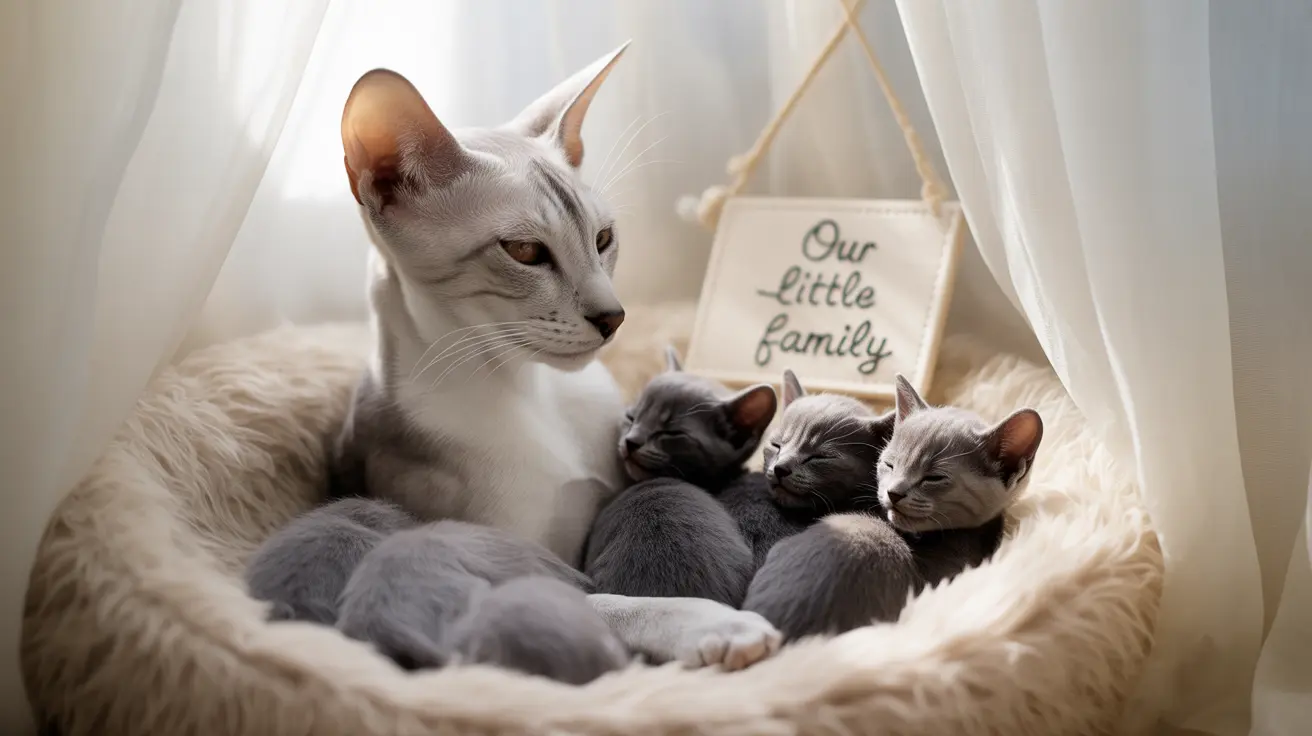Biological Reasons Behind Kitten Cannibalism
Mother cats may consume their kittens for several biological reasons, primarily related to survival and resource conservation. When a kitten is born sick, weak, or with congenital defects, the mother can detect these issues through her acute sense of smell. In such cases, she may instinctively eat the compromised kitten to prevent it from attracting predators or spreading disease to healthy siblings.
Additionally, this behavior can be triggered by hormonal imbalances or nutritional deficiencies in the mother cat. A malnourished queen might resort to eating her young to regain vital nutrients needed for her own survival.
Environmental Stress Factors
Environmental stressors play a significant role in triggering maternal cannibalism. Common stress factors include:
- Loud noises or frequent disturbances
- Too much human interaction or handling of kittens
- Presence of other pets or unfamiliar animals
- Unsafe or unstable nesting location
- Changes in the household environment
When a mother cat feels her kittens are in danger, she may resort to consuming them rather than risk them falling prey to perceived threats.
Health and Physical Conditions
The physical condition of both mother and kittens can influence cannibalistic behavior. First-time mothers or very young queens may lack proper maternal instincts or experience. Older cats might also struggle with the demands of motherhood, leading to poor decisions regarding their litter.
Medical conditions affecting the mother can impact her behavior, including:
- Mastitis or other nursing-related infections
- Severe malnutrition or dehydration
- Post-birth complications
- Underlying health issues
Prevention and Protection
To minimize the risk of maternal cannibalism, consider these essential preventive measures:
- Provide a quiet, secure nesting area
- Ensure proper nutrition before and after birth
- Limit handling of newborn kittens
- Monitor the mother's behavior discreetly
- Maintain regular veterinary care throughout pregnancy
Frequently Asked Questions
Why do mother cats sometimes eat their kittens?
Mother cats may eat their kittens if they are sick, weak, or stillborn, or if the mother is experiencing severe stress, malnutrition, or hormonal imbalances. This behavior, while disturbing, serves as a natural survival mechanism in certain circumstances.
How can stress or human interference cause a cat to eat her babies?
Excessive handling, noise, or disruption of the nesting area can cause significant stress to a mother cat. When feeling threatened, she may consume her kittens as an extreme protective response, believing they are in danger.
What signs indicate a mother cat might harm or neglect her kittens?
Warning signs include aggressive behavior toward the kittens, refusing to nurse, constantly moving kittens between locations, excessive vocalization, and showing signs of extreme stress or anxiety around the litter.
How can I prevent my cat from eating her kittens after birth?
Provide a quiet, secure nesting area, ensure proper nutrition, minimize handling of newborn kittens, and maintain a stress-free environment. Regular veterinary care throughout pregnancy is also essential.
Are certain cats more likely to eat their babies due to age or genetics?
Yes, very young or elderly mothers, first-time mothers, and cats with certain genetic predispositions may be more likely to exhibit this behavior. Some cats may also repeat this behavior across multiple litters, suggesting a genetic component.
Remember, while this behavior can be distressing, it's relatively rare in well-cared-for domestic cats. Understanding the causes and taking preventive measures can help ensure the safety and survival of newborn kittens.






